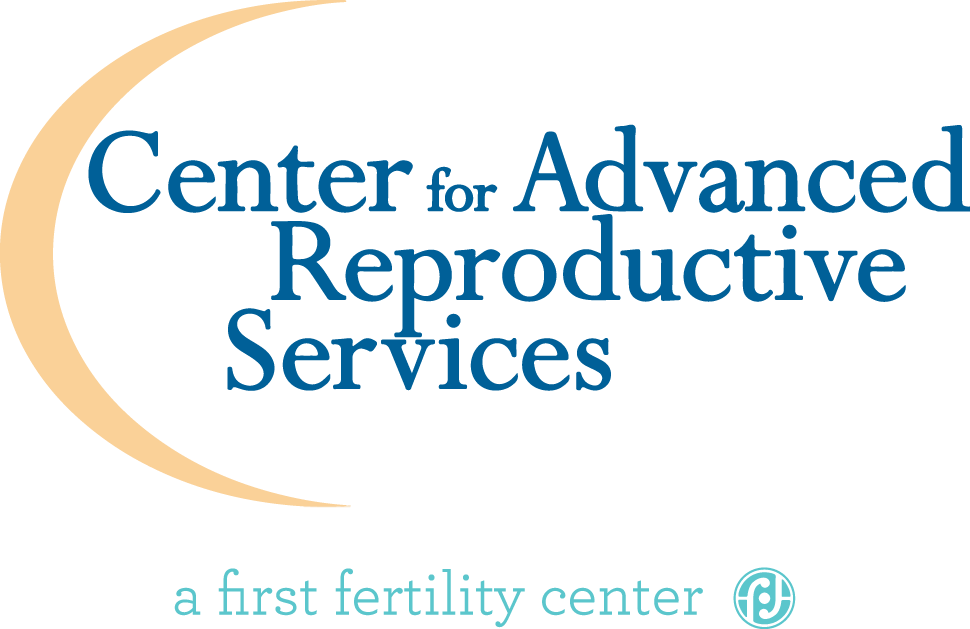In vitro fertilization (IVF) is a widely recognized and highly effective fertility treatment that has helped countless individuals and couples achieve their dream of parenthood. This advanced procedure involves the fertilization of an egg outside the body and the subsequent transfer of the resulting embryo into the uterus for hopeful implantation.
The Center for Advanced Reproductive Services (CARS) understands that the journey to conception can be filled with emotional and physical challenges. If you’re wondering whether IVF is right for your family-growing goals, our empathetic approach to fertility care will guide you through every step of the process.
When to Consider IVF
Deciding whether IVF is the right choice for you can feel overwhelming. This decision may be influenced by several factors, like specific infertility challenges, medical history, goals, or the unique needs of LGTBQ+ individuals and couples.
Determining the best course of action begins with knowing what to look for:
Unsuccessful with Other Treatments
If you've tried other fertility treatments—medications, intrauterine insemination (IUI), or lifestyle changes—without success, IVF may be worth considering. IVF may have higher success rates, as it can identify and correct several factors contributing to infertility at the same time.
The Center is proud to carry a 79.5% success rate for new patients age 35 or younger—which was 15% higher than the 2021 national average, according to the 2021 SART outcomes report.*
Age-Related Infertility
A woman’s fertility declines with age, especially after turning 35. If you are in this age bracket and have been unable to conceive, ovulation induction (OI) helps stimulate the ovaries to maximize egg production.
The quality of a woman's eggs also declines with age, which can result in failed implantation, miscarriages and birth defects. IVF with PGT allows for testing of the embryos for chromosomal abnormalities that may be a result of the age of the eggs.
Male Factor Infertility
Infertility can affect both men and women. In cases where low sperm health is identified, IVF and intracytoplasmic sperm injection (ICSI) can facilitate fertilization by directly injecting a single sperm into an egg.
Blocked or Damaged Fallopian Tubes
With blocked or damaged fallopian tubes, natural fertilization is unlikely to occur. There are several ways to diagnose this, including an X-ray test (a hysterosalpingogram), an ultrasound test (a sonohysterogram), or minimally invasive surgery (laparoscopy).
IVF bypasses the fallopian tubes entirely by retrieving eggs directly from the ovaries and fertilizing them in the laboratory. Since IVF bypasses the fallopian tubes, it can also be a viable option for women who have undergone tubal ligation previously and who now want to grow their family. For many, IVF can be a more effective option than tubal ligation reversal procedures.
Endometriosis or Other Medical Conditions
Endometriosis, which is when tissue similar the lining of the uterus grows outside the uterus, is one condition that can impact fertility. Other medical conditions, such as ovulation disorders, including polycystic ovary syndrome (PCOS), hyperthyroidism, uterine polyps, and ovarian sufficiency can also impact the likelihood of fertility.
IVF treatment can increase the chance of conception through egg retrieval and a controlled environment for embryos.
Unexplained Infertility
For some patients, despite all the testing that is performed, there may be no specific reason identified that would cause infertility. In these cases, IVF can be a good option, as fertilization and early embryo development happen under controlled conditions.
Plan Your Family at CARS
Knowing if or when IVF might be appropriate can help you make an informed choice for your fertility treatment. During your time at CARS, you’ll receive the utmost care, support, and expertise to help you find a solution to any infertility challenges you may be facing.
Contact us to schedule an appointment with a fertility specialist and discuss the best path to parenthood.
Note: A comparison of clinic success rates may not be meaningful because patient medical characteristics and treatment approaches may vary from clinic to clinic. Please visit www.SART.org for more success rates information.
